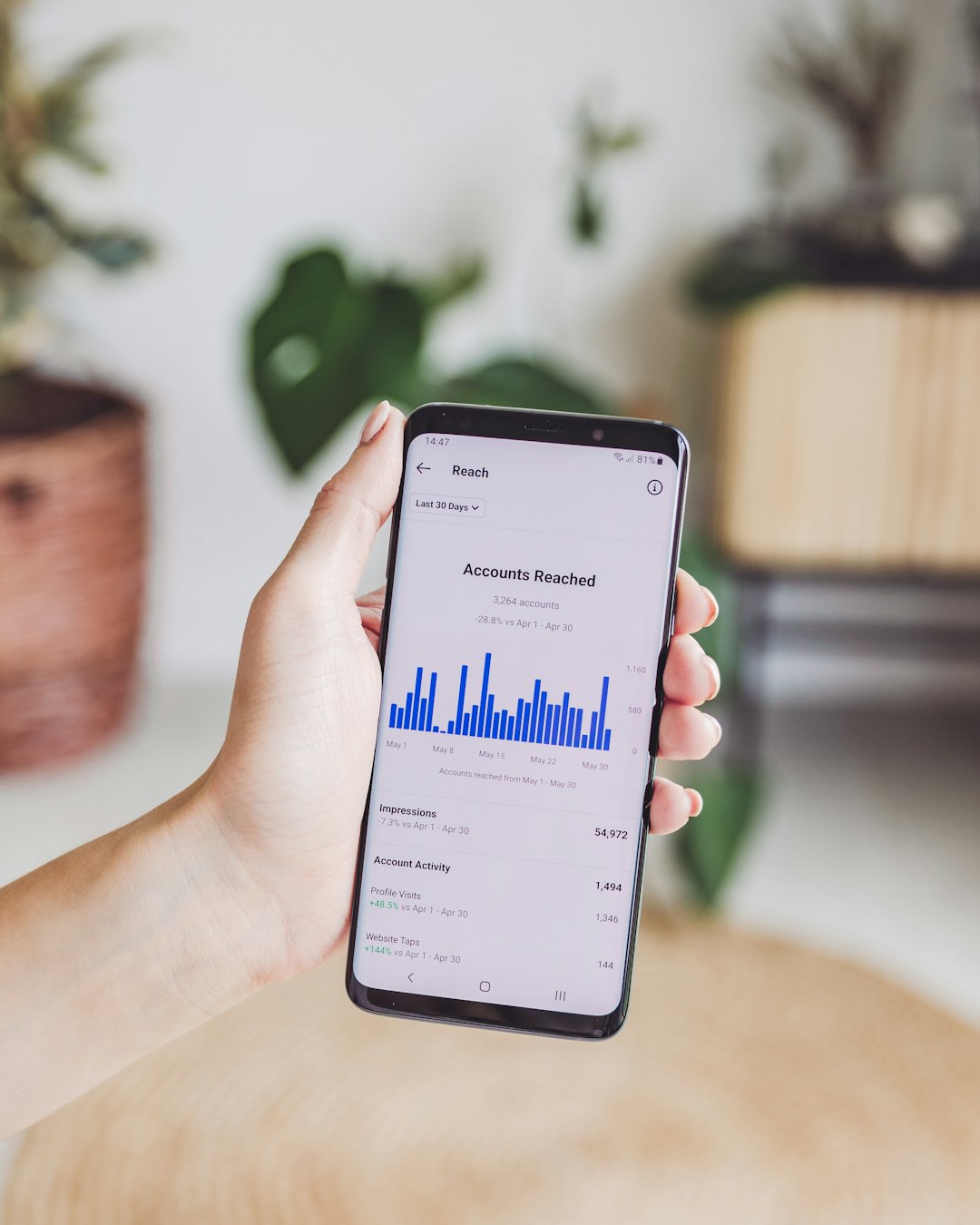In Philadelphia, spam calls from law firms have become a significant issue due to the city's strong legal community. These calls often involve fake firm impersonations and high-pressure sales tactics. To combat this, Philadelphia has implemented stringent anti-spam call regulations with strict fines for violations. Residents are encouraged to keep detailed logs of robocalls, including caller ID, timing, and messages, to identify patterns and report illegal activities to the Philadelphia Department of Consumer Affairs. By collectively documenting and reporting spam calls, Philadelphians can help enforce the spam call law and reduce unwanted communications.
In the bustling metropolis of Philadelphia, navigating through the cacophony of robocalls has become a ubiquitous challenge. Understanding the spam call landscape is crucial in this vibrant city known for its rich history and legal prowess. This article delves into the importance of keeping a detailed log of robocalls, empowering Philadelphians to take action against intrusive spam calls. By exploring the city’s anti-spam call measures, understanding the legal framework, and adopting effective strategies, residents can reclaim their communication channels and protect their privacy. Philadelphia’s fight against spam call law firms is a testament to its proactive approach in safeguarding citizens’ rights.
Understanding the Spam Call Landscape in Philadelphia

In Philadelphia, as across the nation, spam calls from law firms have become an increasingly prevalent nuisance. These unwanted phone calls often promise quick fixes for legal issues or push dubious services, targeting both individuals and businesses. Navigating this landscape is essential given the city’s robust legal community and high concentration of companies, making Philadelphia a prime target for unethical marketing tactics.
The volume and sophistication of these spam calls have led to a growing concern among residents and local law firms alike. Many consumers find themselves delving into a labyrinthine web of deceptive practices, from fake law firm impersonations to high-pressure sales pitches. Understanding the dynamics of this problem is crucial for both consumers and legitimate businesses, as it helps in identifying and mitigating strategies employed by unscrupulous actors, ultimately fostering a safer and more transparent environment within Philadelphia’s legal ecosystem.
The Legal Framework: Philly's Anti-Spam Call Measures

In Philadelphia, the fight against spam calls has taken a legal turn, with robust measures in place to protect residents from unwanted and intrusive phone marketing. The city’s anti-spam call laws are designed to safeguard citizens from aggressive sales tactics, ensuring peace of mind and privacy. These regulations target not only telemarketing companies but also law firms that engage in similar practices.
The Spam Call Law in Philadelphia strictly regulates the hours during which such calls can be made, limiting them to specific time slots authorized by the city. Violations of these laws can result in significant fines, making it crucial for both call centers and legal entities to adhere to the guidelines. This stringent approach reflects the city’s commitment to fostering a peaceful environment free from harassing phone calls, especially among its resident community.
Why Keeping a Robocall Log is Essential for Residents

In today’s digital era, with advancements in technology, comes an unfortunate side effect—an increase in spam calls from law firms and other unknown sources. These unwanted robocalls can be a nuisance, but they also pose a significant problem for Philadelphia residents. Keeping a detailed log of these calls is essential for several reasons. Firstly, it helps individuals track the frequency and nature of these intrusions, allowing them to identify patterns and potential violations of the city’s spam call laws.
By documenting each robocall incident, including the caller’s ID, timing, and any recorded messages, residents can actively protect themselves. This log serves as a powerful tool when dealing with persistent or illegal spam calls. It enables individuals to report these activities to relevant authorities, such as the Philadelphia Department of Consumer Affairs, who can take action against offending law firms or telemarketers. This proactive approach ensures that the city’s spam call laws are enforced, providing residents with peace of mind and a sense of control over their communication channels.
Effective Strategies to Manage and Document Robocalls

Robocalls can be a nuisance, but managing and documenting them effectively is crucial to staying protected under the Spam Call law in Philadelphia. One strategic approach is to maintain a detailed log, noting the frequency and nature of each robocall received. This log should include dates, times, phone numbers, and brief descriptions of the automated messages. By keeping a comprehensive record, residents can identify patterns and potentially trace the source of these unwanted calls.
Additionally, utilizing blocking applications or registering with Do Not Call lists specific to Philadelphia can offer some relief. Many modern smartphones have built-in call blocking features, while dedicated apps provide advanced filtering options. Registering with local and national Do Not Call registries, like those maintained by the Federal Trade Commission (FTC), is another effective strategy. These steps empower Philadelphians to take control and reduce the number of robocalls they receive, ensuring compliance with anti-spam laws.
Empowering Philadelphians: Taking Action Against Spam Calls

In Philadelphia, as in many parts of the country, spam calls from law firms and other entities can be a significant nuisance. These unwanted calls often carry misleading or deceptive messages, aiming to trap unsuspecting individuals into unnecessary legal services or financial obligations. To combat this issue, residents are increasingly turning towards keeping detailed logs of such robocalls. This simple yet powerful practice empowers Philadelphians by giving them the knowledge and evidence they need to take action against spam calls.
By meticulously recording the caller’s information, including the law firm’s name, call frequency, and any misleading statements used, individuals can better protect themselves. Armed with this data, residents can report these spam calls to relevant authorities, press for stricter enforcement of the Spam Call Law firms Philadelphia, and even seek collective action against persistent offenders. This collaborative effort not only helps reduce the volume of such annoying calls but also ensures that other Philadelphians remain untouched by these deceptive practices.






